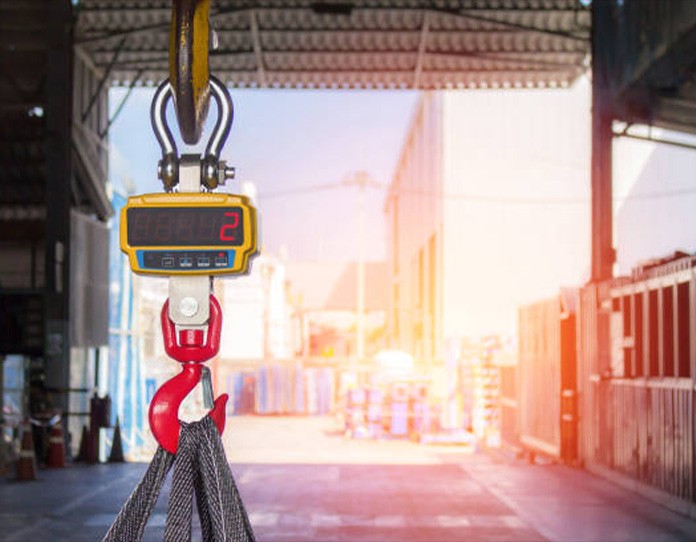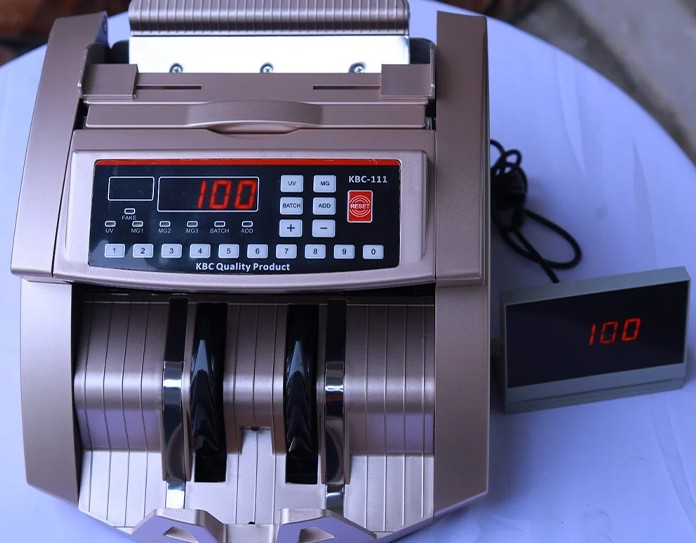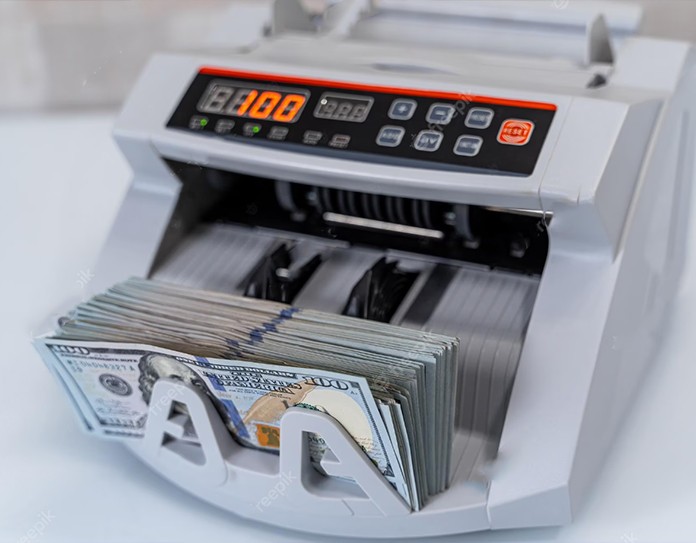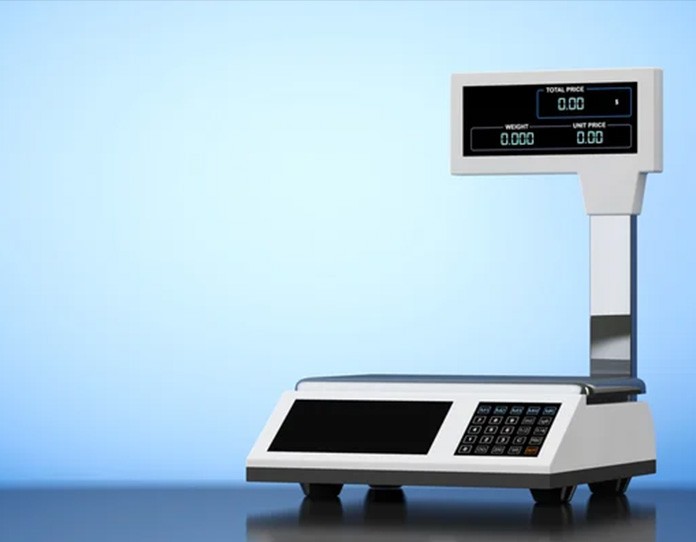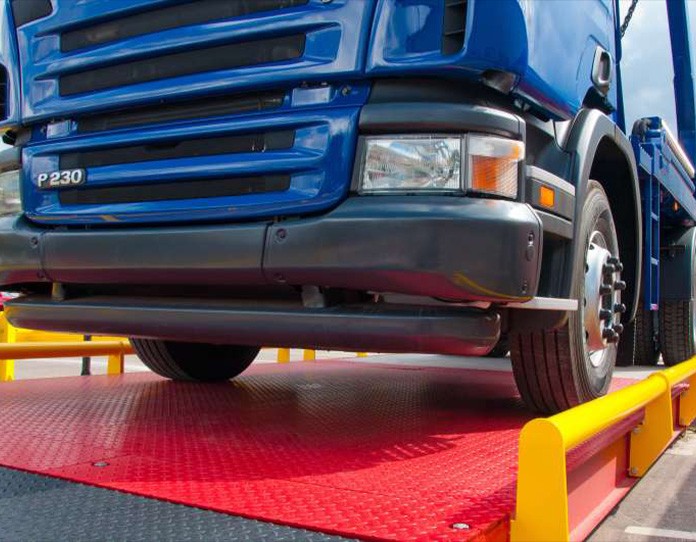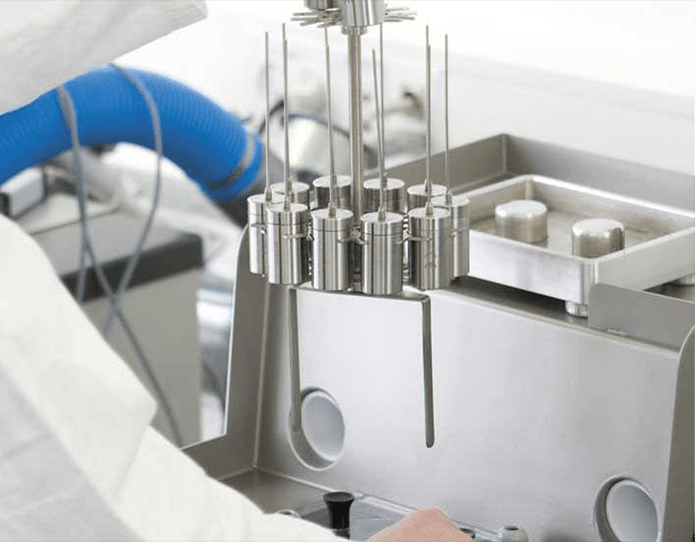Choosing a moisture analyser can depend on a variety of factors, including your specific application requirements, the type of samples you’ll be analysing, your budget, and your level of expertise with moisture analysis. Here are some key considerations to keep in mind when choosing a moisture analyser:

 Feefo 5.0* from 1000 reviews
Feefo 5.0* from 1000 reviews UK wide delivery on all products
UK wide delivery on all products Products fully calibrated & certificated
Products fully calibrated & certificated Services & repairs at competitive prices
Services & repairs at competitive prices Find a better price and we will try and beat it
Find a better price and we will try and beat it